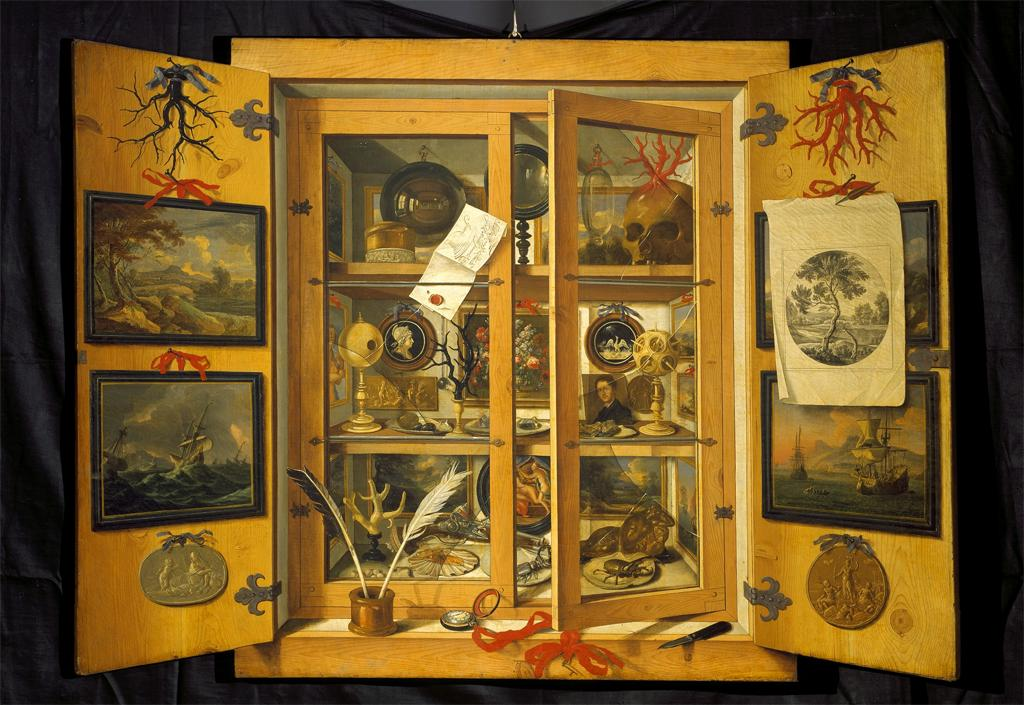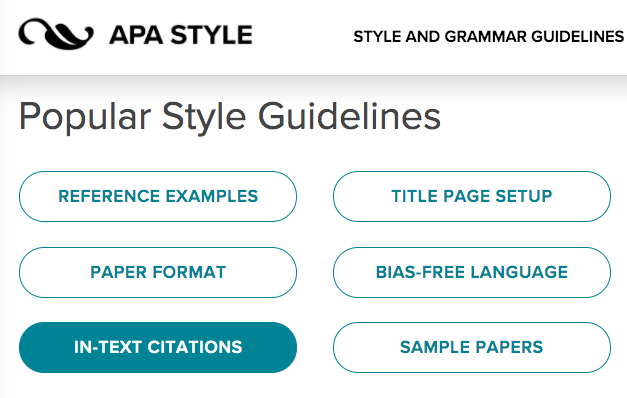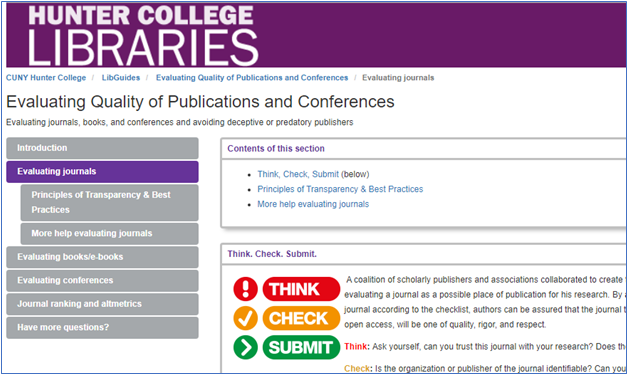A recent column in the Chronicle of Higher Education highlights how colleges and universities battle disinformation through media and information literacy programs.
Libraries and librarians play an important role through research guides focused on citizen literacy, and courses like Hunter College Libraries Introduction to Information Research.
You can read the column through the Hunter College Libraries subscription to The Chronicle of Higher Education. Do you have any stories about disinformation? We would love to hear them!
News
Hunter College Libraries is now an institutional subscriber to Covidence. This means that anyone with a Hunter College affiliated email address can obtain a Covidence account and access web-based support for systematic literature reviews by visiting this page: https://app.covidence.org/organizations/7Y9mQ/signup
Covidence’s system supports screening and data extraction for literature reviews with systematic elements such as scoping reviews, umbrella reviews, rapid reviews, and related types. Students and faculty in all of our health and social science programs are likely to find that Covidence enhances their efficiency when screening articles and classifying and extracting data from them.
Not sure what a systematic review is? Or how to incorporate Covidence or systematic review methodology you into your review? Check out our Systematic Review guide: https://libguides.library.hunter.cuny.edu/systematic_review or get in touch with John Pell (jpell@hunter.cuny.edu) for a consultation.
Since we can't go into the Archives now, take a look at some images from Hunter College's Archives and Special Collections on fllckr.
Image credit: The Wistarion, Pg. 174-175, 1937, Archives & Special Collections, Hunter College Libraries, Hunter College of the City University of New York, New York City.
It's finals time and and a good time to be mindful of de-stressing tips.
The basics:
- Eat healthy meals and snacks
- Drink water
- Sleep
Additional tips:
- Manage your time
- Exercise
- Take breaks for calming leisure activities like coloring, knitting, meditating, playing with pets or watching cute pet videos
- Listen to soothing music (See the Music- Audio options available through Hunter College Libraries' databases)
There are plenty of free apps for time management, yoga, meditation and coloring. YouTube has lots of free yoga videos, too.
Breathe!
Do you want to employ images in your presentations?
Do not let the name fool you, the images in Artstor extend far beyond the field of art. Studies have shown that incorporating visuals into lectures, papers, and research improves information retention and observational skills, regardless of discipline.
Check out this link for a guide to the numerous disciplines, from African American Studies to Women’s Studies, supported by the Artstor Digital Library
Choose Artsor from Hunter College Libraries’ list of image databases to get started.
 Image: Domenico Remps. Cabinet of Curiosities. Second half of the 17th century. Image and original data provided by SCALA, Florence/ART RESOURCE, N.Y.
Image: Domenico Remps. Cabinet of Curiosities. Second half of the 17th century. Image and original data provided by SCALA, Florence/ART RESOURCE, N.Y.
Wondering how to cite your research paper in the updated, APA 7th edition format? Hunter provides access to the official APA Style Guide. To access this guide, go to the list of Hunter databases by TITLE, and select APA Style Guidelines. (If you prefer to use a different citation guide, try our link to Excelsior College’s Online Writing Lab).

The Style Guide provides numerous examples of how to cite journal articles, websites, and e book chapters, to name just a few. Sample papers are also provided!

Need additional help with APA or another citation style such as MLA? The Rockowitz Writing Center is open for virtual appointments and video tutoring.
Image from the header of this article:
Studying in the Library
The Wistarion, p. 122, 1984, Archives & Special Collections, Hunter College Libraries, Hunter College of the City University of New York, New York City.
For more information: library.hunter.cuny.edu/archives-special-collections
Does your discipline use mental tests and measures? Have you struggled to obtain full text of these items? You may know that many factors limit the availability of these materials including copyright and publishers’ restrictions. However, the Library can obtain instruments that were published in a book, article or dissertation. There are many ways to search for instruments that were published in books, articles, or dissertations, as well as some tests that are available free online. This guide can help get you started: http://libguides.library.hunter.cuny.edu/tests
Some of the sections that are available in print books may be obtained via interlibrary loan during the pandemic. You are welcome to contact am2621@hunter.cuny.edu for help with exploring tests available to us.
Image credit:
Students studying learning patterns of white rats, Department of Psychology
Hunter Alumni Quarterly, Pg. 10, January 1964, Archives & Special Collections, Hunter College Libraries, Hunter College of the City University of New York, New York City.
Why choose library databases over Google? This librarian's answer might surprise you: FILTERS! When you search in Google and get a million results (literally a million), the best you can do is hope that Google's algorithm will steer you to something useful. But Google doesn't know you, or what you need for your research.
When you use library tools, like OneSearch or databases, you (the researcher) are in control. Do you only want online materials? Or materials published within a certain date range? Do you want to include -- or exclude -- certain topics. Filters help you do just that. You control how you'd like to narrow down your potential sources to help you find the *best* sources for your particular research question.
To learn more about how to use filters, Ask A Librarian
The Hunter College Libraries offer this guide to assist faculty in identifying appropriate and reputable venues in which to publish or present scholarly work. This may be helpful to faculty who have been targeted by requests to publish or present in a venue with which they are not familiar, to newer faculty, and anyone who wants to learn more about current issues regarding publication quality. The guide discusses issues related to open access publishing; factors that make some journals or publishers less credible than others; and methods for evaluating the credentials of a journal or academic conference. We also recommend consulting guidelines for best practices within your own disciplines and professional associations.
Welcome to the Fall 2020 semester! Things here are different. We know that you need access to Library services and resources, but all of our Libraries will be physically closed for the Fall 2020 semester. However, we are ALWAYS open online.
Please visit this Guide to Library Servcices During the COVID-19 Pandemic to learn how to access our online resources.
And if you have questions (we know that you will have questions) use Ask a Librarian - Hunter librarians are working from home to help you!
